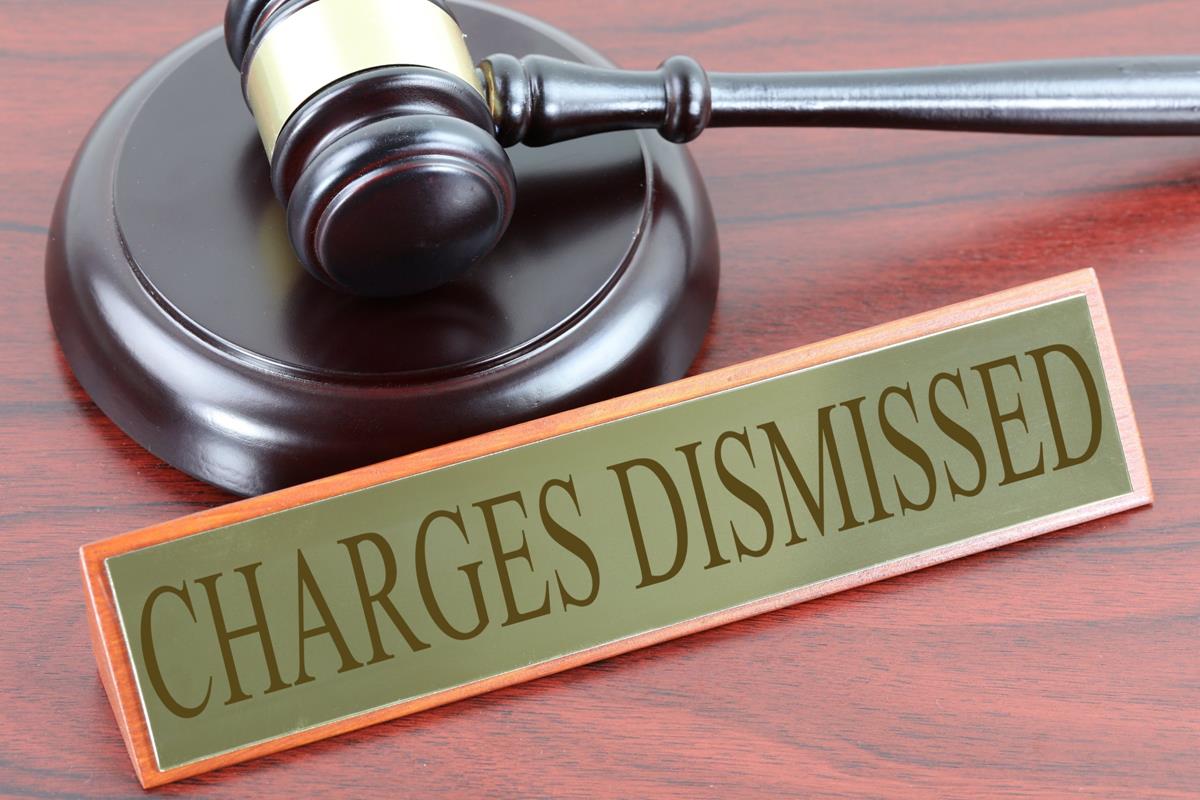If there is a dismissal of the charges against you, it means that your current criminal case may end or at least change. This depends on if the dismissal applies to all charges or only some charges. It does not mean, however, that the charges will not be on your criminal record. A dismissal of charges is one of a few ways your case can end in a good way. Other examples include when a prosecutor drops charges or when a jury or judge acquits you.
What is the dismissal of charges?
When a court dismisses charges, the prosecutor can no longer pursue them. This happens for different reasons. It may be because you successfully moved for dismissal or the prosecutor decided to dismiss the case. If a court dismisses all of the charges, this closes your case.
Sometimes, the dismissal of charges happens before trial. If the prosecutor does not have sufficient evidence to prove the case, for example, it should be dismissed. But charges may be dismissed during or at the end of a trial, too. This happens if the prosecutor fails to present enough evidence. There are other reasons a judge might dismiss your case as well.
Does the dismissal of charges clear your criminal record?
No. The charges stay on your criminal record. This also means others may see this information. This includes future employers and schools. But, your record should also show that your charges were dismissed. And you can also have your record sealed or expunged.
Is there a difference between dropped and dismissed charges?
Dismissed and dropped charges are different concepts. If charges get dismissed, it means that the government charged you with a crime before a court dismissed the charges. If charges are dropped, it means the prosecutor decided not to pursue the case.
The difference focuses on who made the decision. Courts dismiss charges. Prosecutor or an arresting officer can drop a case.

Can the government reopen a dismissed case?
It depends. Prosecutors can bring the charges again if the original ones were dismissed “without prejudice.” This means that the court didn’t rule on the merits of the case. If the court dismisses charges with prejudice, though, prosecutors cannot bring the charges again. Once a case goes to trial, you also have protections against double jeopardy.
What is the difference between dismissed charges and an acquittal?
A dismissal is different from an acquittal. An acquittal means that, after a trial, a jury or judge found you not guilty. A dismissal, on the other hand, means that the case closed before a verdict.
The Takeaway:
A dismissal of charges could mean the end of your criminal case. When a court dismisses the charges against you, it ends those charges. If the court dismisses all of the charges, the case is over. And, if the dismissal is “without prejudice,” the prosecutor could bring the charges again. If it is “with prejudice,” though, the prosecutor cannot. Dismissal is different than a prosecutor dropping charges or an acquittal.






